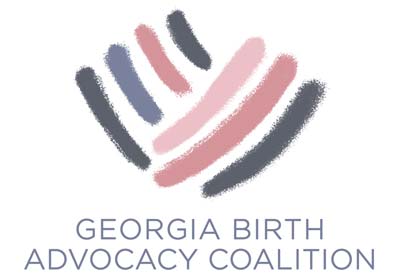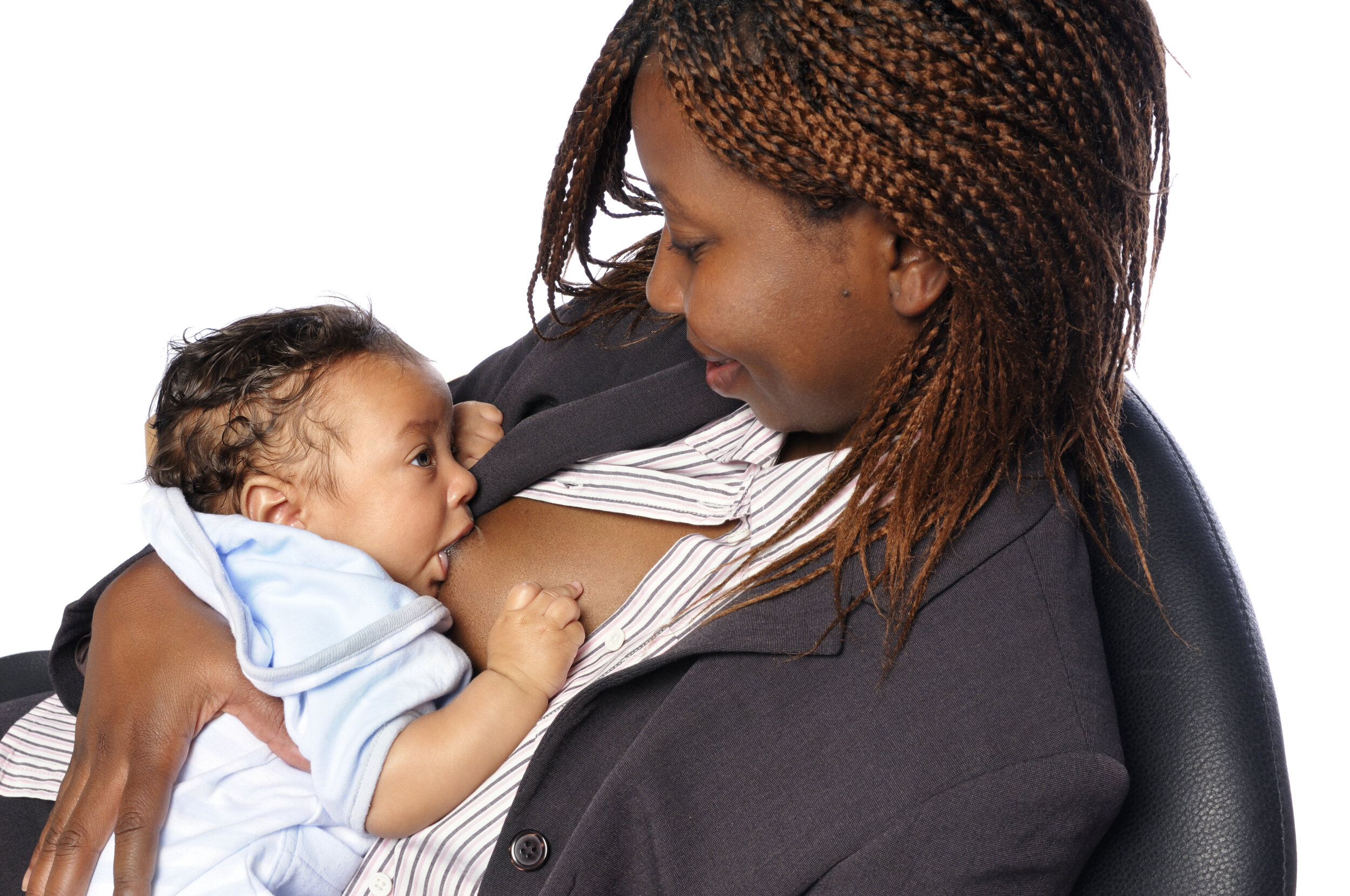Research Shows You Can Safely Breastfeed Your Baby if You Have COVID-19
Although research on the benefits of breastfeeding is clear and every major health organization recommends breastfeeding for as long as the nursing parent and baby desire to do so, nursing families continue to face an uphill battle. Their doctors fail to give them accurate breastfeeding information. Hospitals pressure them to use formula, even when there is no medical justification. As COVID rips through the nation, breastfeeding support has grown even more precarious.
Breastfeeding During COVID: What the Research Says
Breastfeeding should be the default, said Danielle Downs Spradlin, IBCLC, owner of Oasis Lactation Services.
“The biological imperative is for parents to stay with their baby, hold the baby skin to skin, and provide milk for their baby. We are mammals,” she emphasized. “Disrupting the biological imperative has long term, well documented, health consequences. We need significant evidence of benefit any time we deviate from the biological imperative. Speculation is not evidence. Bottle feeding culture is not evidence. Lack of understand about emerging infection is not evidence.”
A new study published in The Lancet supports what breastfeeding experts already know: nursing is always the safest option in a pandemic, and breastmilk can be life-saving medicine. Drawing on 1,481 deliveries, the researchers concluded, “…perinatal transmission of COVID-19 is unlikely to occur if correct hygiene precautions are undertaken, and that allowing neonates to room in with their mothers and direct breastfeeding are safe procedures when paired with effective parental education of infant protective strategies.”
Put simply, nursing is safe even when the mother has or might have COVID. Earlier research is also consistent with this conclusion. A study of nine women with COVID-19 found no evidence of the virus in their breastmilk. Research on SARS, a substantially similar virus, found that nursing parents had antibodies to the disease in their milk.
Does a Positive COVID Test Mean a Nursing Parent Must Be Separated From Their Baby?
Not only does a positive COVID test not require separation from the mother and her baby; these separations can have catastrophic effects on both maternal and infant health. The Academy of Breastfeeding Medicine and World Health Organization both advise against separations. While the CDC suggests that separations may be warranted in some cases, it states plainly that, “separation should be made in accordance with the mother’s wishes.” No organization recommends forcible separation of mother and infant, yet that’s exactly what some hospitals continue to do.
Why do so many doctors ignore the research?
While the data supporting breastfeeding, even for COVID-positive parents, is clear, the information many parents get from their providers is not. Spradlin says that many hospitals deemed their lactation experts “non-essential,” suggesting they do not prioritize breastfeeding. This left many new parents relying on doctors and others with limited lactation experience.
Even in normal times, it can be difficult to get reliable lactation advice from health providers. The American Academy of Pediatrics advises nursing for a minimum of a year, and for as long as the dyad desires after that. The World Health Organization recommends two years. Yet cultural biases, regional norms, and other factors can color the advice pediatricians offer.
One serious problem is the American Academy of Pediatrics’s marketing relationship with formula companies. This violates WHO guidelines for marketing formula. It also allows formula companies to market their products through doctors’ offices and hospitals. This triggers an inevitable conflict of interest, where the same people who are supposed to be advising parents about breastfeeding also depend on funding from the companies whose economic incentive is to undermine breastfeeding. Over time, this marketing relationship has normalized formula feeding, and propagated the notion that a majority of women may be unable to breastfeed.
This makes it difficult for families to rely on medical authorities for nursing advice. Delivery room disputes about birthing choices, forced or coerced infant separations, and other harmful actions intensify this mistrust.
Despite all of this, one thing remains true: even in a pandemic, even when the mother is sick, breastmilk remains the safest food for infants.

